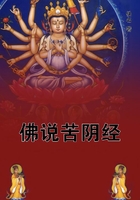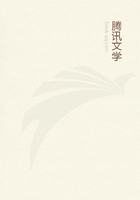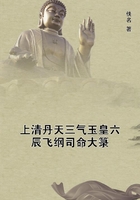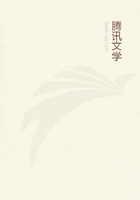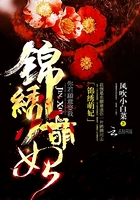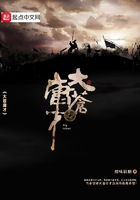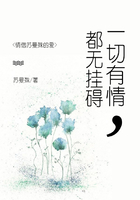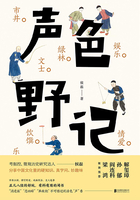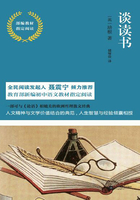-- All analytical judgments depend wholly on the law of Contradiction, and are in their nature a priori cognitions, whether the concepts that supply them with matter be empirical or not. For the predicate of an affirmative analytical judgment is already contained in the concept of the subject, of which it cannot be denied without contradiction. In the same way its opposite is necessarily denied of the subject in an analytical, but negative, judgment, by the same law of contradiction. Such is the nature of the judgments: all bodies are extended, and no bodies are unextended (i. e., simple). For this very reason all analytical judgments are a .priori even when the concepts are empirical, as, for example, Gold is a yellow metal; for to know this I require no experience beyond my concept of gold as a yellow metal: it is, in fact, the very concept, and I need only analyze it, without looking beyond it elsewhere. c. Synthetical judgments require a different Principle from the Law of Contradiction.-There are synthetical a posteriori judgments of empirical origin; but there are also others which are proved to be certain a priori, and which spring from pure Understanding and Reason. Yet they both agree in this, that they cannot possibly spring from the principle of analysis, viz., the law of contradiction, alone; they require a quite different principle, though, from whatever they may be deduced, they must be subject to the law of contradiction, which must never be violated, even though everything cannot be deduced from it. I shall first classify synthetical judgments. 1. Empirical judgments are always synthetical. For it would be absurd to base an analytical judgment on experience, as our concept suffices for the purpose without requiring any testimony from experience. That body is extended, is a judgment established a priori, and not an empirical judgment. For before appealing to experience, we already have all the conditions of the judgment in the concept, from which we have but to elicit the predicate according to the law of contradiction, and thereby to become conscious of the necessity of the judgment, which experience could not even teach us. 2. Mathematical judgments are all synthetical. This fact seems hitherto to have altogether escaped the observation of those who have analyzed human reason; it even seems directly opposed to all their conjectures, though incontestably certain, and most important in its consequences. For as it was found that the conclusions of mathematicians all proceed according to the law of contradiction (as is demanded by all apodictic certainty), men persuaded themselves that the fundamental principles were known from the same law. This was a great mistake, for a synthetical proposition can indeed be comprehended according to the law of contradiction, but only by presupposing another synthetical proposition from which it follows, but never in itself. First of all, we must observe that all proper mathematical judgments are a priori, and not empirical, because they carry with them necessity, which cannot be obtained from experience. But if this be not conceded to me, very good; I shall confine my assertion pure Mathematics, the very notion of which implies that it contains pure a priori and not empirical cognitions. It might at first be thought that the proposition 7 + 5 = 12 is a mere analytical judgment, following from the concept of the sum of seven and five, according to the law of contradiction. But on closer examination it appears that the concept of the sum Of 7+5 contains merely their union in a single number, without its being at all thought what the particular number is that unites them. The concept of twelve is by no means thought by merely thinking of the combination of seven and five; and analyze this possible sum as we may, we shall not discover twelve in the concept. We must go beyond these concepts, by calling to our aid some concrete image [ Anschauung ], i.e., either our five fingers, or five points (as Segner has it in his Arithmetic), and we must add successively the units of the five, given in some concrete image [ Anschauung ], to the concept of seven. Hence our concept is really amplified by the proposition 7 +
5 = I 2, and we add to the first a second, not thought in it. Arithmetical judgments are therefore synthetical, and the more plainly according as we take larger numbers; for in such cases it is clear that, however closely we analyze our concepts without calling visual images (Anscliauung) to our aid, we can never find the sum by such mere dissection. All principles of geometry are no less analytical. That a straight line is the shortest path between two points, is a synthetical proposition.
For my concept of straight contains nothing of quantity, but only a quality.

